I was vending at a festival in Denver today and I noticed a father very aggressively handling his son, being very physically and verbally abrasive. The 5-year old boy’s face was overwhelmed with redness and tears as he ran away temporarily to escape his father’s overpowering energy.
It brought me back to the darker side of my childhood. As an adult, I realize that being dealt with so callously was not constructive. It instead left me with a significant amount of mental and emotional baggage that took me a while to deal with.
I was in a dilemma – should I step in and say something or live by our culture norms and let parents parent their own children? Here is what made me talk to the father:
• I wish that somebody like me would have shared their experience with my father when I was a child. I believe he would have listened with an open mind – maybe not initially, but upon reflection.
• It takes a village to raise a child. Our culture has almost completely disconnected from that reality and it has created generations of isolated parents who are not learning from a wiser, synergetic community. If I want to see a culture of community child-rearing, I should start creating it.
• What harm could be done? The worst-case scenario would be that he doesn’t appreciate my sharing and continues on with his life. Even then, he may eventually reflect upon my sharing the next time he finds himself angry.
So I say yes – step in when parents are clearly damaging their children.
Also compliment parents when they are parenting wisely. It may not be your place in our culture. But our culture is wrong sometimes. We are a global community and we are the parents and children of each other’s decisions. His child is your future. His actions are your culture. We are all interlinked. You have a vested interest in how other people raise their kids, so when the time is right, share and share wisely.
Here’s how to share wisely (in my humble opinion):
• Perhaps don’t tell a parent what to do. Instead share a unbiased perspective of cause and effect or a personal experience. For example, “My dad treated me in a similar way to how you just treated your son, and it resulted in me loosing respect for him and considering suicide.” Buddha taught this way. He never told people what to do. He just showed them the consequences of their actions.
• Approach the situation with love. Don’t hate the parent. Love the parent and love the child. If you approach situations with this energy, people will see that you empathize with them and will in turn be more receptive.
• Try to understand the parent. It’s probably quite challenging to be a parent and mistakes are bound to happen. People are far more open to guidance than they are to criticism so approach the situation with a mentality of loving and understanding guidance.
This is how I approached the father. He justified his actions, which I could have expected. However, he returned the politeness and calmness with which I approached him. While he felt my perspective didn’t apply to his relationship (and it very well may not), he thanked me for sharing and encouraged me to do the same in the future with other parents. Even if he did not immediately internalize my message, I imagine that he may eventually reflect on what I shared and might find some insight that will shape his behavior towards his son.
Go ahead and share, but share wisely.
Be the change you wish to see in the world.



